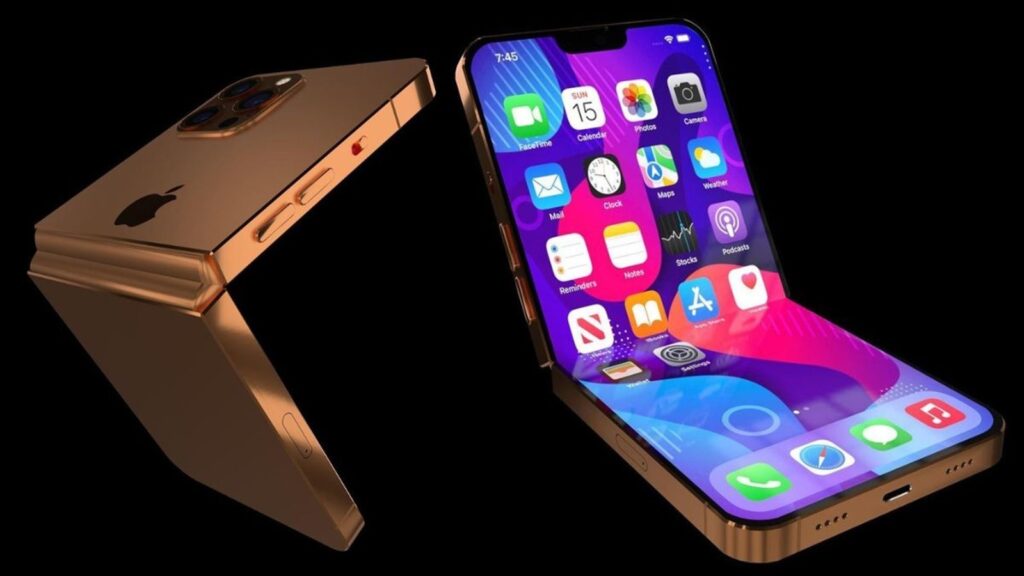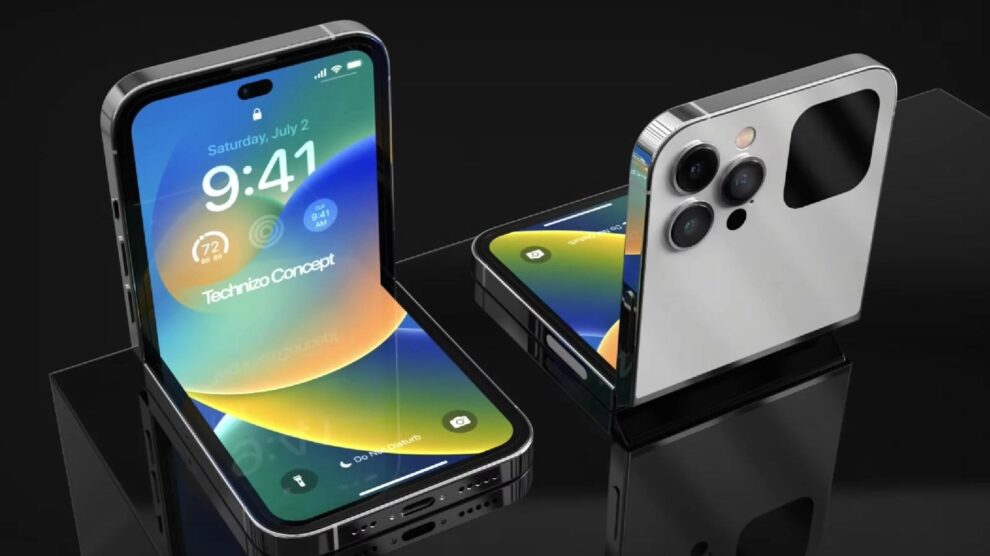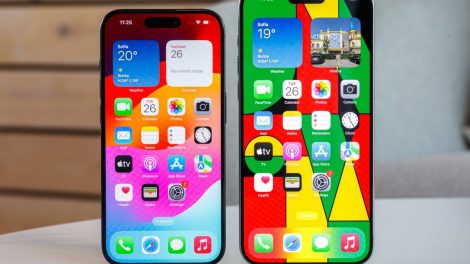Rumors have swirled for years that Apple is secretly working on some sort of foldable iPhone prototype behind closed doors. Now with rival brands launching various foldable devices, questions around if and when Apple will release its own bendable phone have ramped up.
Despite multiple patents, industry insider reports and general excitement about foldables, little official information has emerged from Apple itself. But that hasn’t stopped rampant speculation about what a foldable iPhone might offer, what tech challenges it faces, possible launch timeframes, and more.
In this blog post, we’ve rounded up all the rumors, analysis and noises circling around the potential release of a foldable iPhone. Let’s dive in and explore where Apple might be headed with its next smartphone revolution.
Foldable iPhone Release Rumors and Predictions
When might we realistically see a foldable iPhone come to fruition? Predictions generally range anywhere from launching 2024 at the earliest to 2026 or beyond on the longer timeframe spectrum. Reputable Apple analyst Ming-Chi Kuo predicts mass production could begin in 2024.
Many experts’ views align with late 2024 or early 2025 release target, contingent on suppliers meeting technical deadlines. But until Tim Cook & Co. confirm anything, foldable iPhone ship dates remain speculative and uncertain.
Foldable iPhone Design Expectations
What could an iPhone with bendy screens look like? While the final design likely remains in flux as engineers test prototypes, certain hallmarks are expected based on Apple and industry trends.
Most predict a “book-style” design that folds inward like a laptop rather than wrapping around the outside. User studies show this style offers the right balance of portable and functional. It would effectively transform an iPhone into a mini iPad.
We’ll probably see two separate foldable screens joined by a sturdy yet thin stainless steel frame. Apple will surely aim to minimize the crease caused by frequent folding and unfolding. The company may have an ace up its sleeve on new materials or manufacturing innovations here.
Expect top-tier build quality far exceeding that of early foldables on the market. Overlapping folds, durable hinges, and hardy glass could give the foldable iPhone exceptional longevity and reliability.

New Display and Glass Technology
Crafting screens and protective materials that withstand constant manipulation without failure represents the foremost engineering challenge with foldables. Apple has filed numerous patents exploring innovations like the following:
- Multi-Fold Display Arrangements: Configure multiple folds, angles and orientations for added versatility.
- Embedded Hinges: Reduce bulkiness by embedding slim yet robust hinges directly into the display assembly.
- Hybrid Glass: Combine glass and polymers for improved durability and crease reduction
- Heating/Cooling Layers: Regulate display temperature to prevent damage from heat or cold.
Will these specific patents make it into Apple’s shipping foldable iPhone? Not necessarily. But they provide tantalizing clues into directions Apple is investigating.
How Apple is Addressing Durability Fears
A key concern among consumers involves the long-term durability and lifespan of devices containing such intricate mechanical designs and brittle glass. Apple aims to allay those worries in a few ways:
Rigorous Testing
Apple’s custom reliability testing lab punishes device prototypes with stress tests well beyond normal usage. Folding/unfolding hundreds of thousands of times, extreme heat chambers, tumbler machines and more push products to their limits and beyond.
Future-Proof Hinge Design
Apple patented a unique nitrogen hinge concept that could outlast the device itself. The hermetically sealed design prevents gunk buildup internally over time.
Multi-Lock Mechanism
This additional safeguard ensures the handset stays firmly locked whether opened halfway or entirely flush even after prolonged use. It prevents looseness over time.
Laser-Etched Stainless Steel
This ultra-strong and sophisticated material offers enhanced structural rigidity around the entire frame and hinge.
UPC, E-SIM and Other Connectivity Rumors
To facilitate slim and seamless foldable designs, Apple will likely incorporate cutting-edge connectivity tech including:
UPC – Uniform Packaging for Components
This emerging standard lets Apple relocate antennas and sensors from external areas into a standardized component layer simplifying internal space usage.
E-SIM Only
Bidding farewell to physical SIM card slots will save precious interior room and enable sleeker aesthetics. The iPhone 14 dropped physical SIMs in the US already.
Wi-Fi 6E/7
Next-gen Wi-Fi specs promote increased bandwidth, lower latency, better power efficiency and stronger signals – ideal for high-demand foldable use cases.
Unique Functional Possibilities
A foldable iPhone form factor introduces wholly new ways you could potentially interact and use your device. Apple is likely cooking up innovative functionality like:
Dual Screen Multitasking
Unfold to reveal double screens perfect for multi-window workflows, video calls, augmented maps and more.
Adjustable Stand Modes
Prop your foldable iPhone into different stand configurations hands-free for media viewing, FaceTime calls and other applications.
Dedicated External notifications
View incoming alerts and other info on the cover display without needing to constantly open/close.
Unique AR Implementations
Unfold larger continuous screen real estate for more immersive or shared augmented reality experiences.
Expect Staggeringly High Prices – At First
Don’t expect foldable iPhones to come cheap, especially in limited initial quantities. Prototyping challenges, complex component assemblies, scarce OLED supplies and novelty factors mean Apple will likely price them as exclusive halo devices upon launch.
However, increasing economies of scale over successive generations will inevitably drive foldable iPhone prices down closer to traditional premium models given time. But be prepared to possibly shell out $2,500+ when these devices first emerge into reality!
The Bottom Line
A tantalizing array of rumors suggest Apple is making major strides towards commercial foldable iPhones, but they’re unlikely to show up overnight. Once perfected, foldable designs can expand iOS capabilities into new dimensions beyond flat slabs.
But for the next couple years, restraint still rules the day. As engineers meticulously refine the complicated construction so that it screams Apple-quality, don’t hold your breath for a big reveal. But once foldable iPhones arrive, they promise to fold away the smartphone rulebook once again.










Add Comment